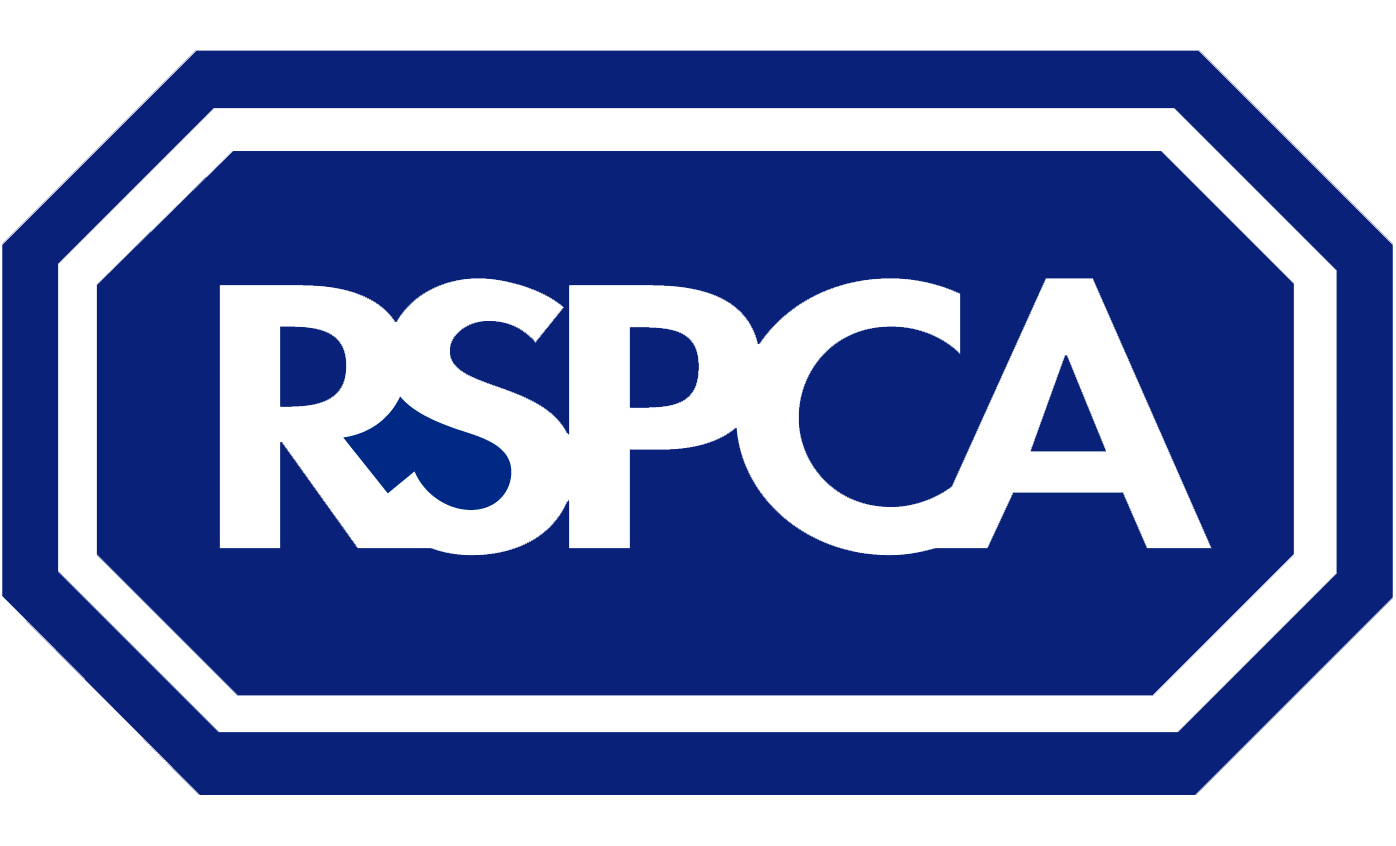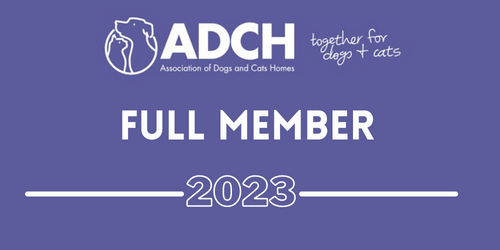Adoption Fee: £85 per adult/£95 per kitten, £170 adult pair/£190 kitten pair
Rehoming criteria: in each animal’s profile we specify the type of home they are looking for. Please ensure you meet the criteria before applying.
Please note we do not have a blanket policy on property locations, as we assess each animal and their needs individually. If you are unsure of the suitability of your property location then please drop us an email.
How we get our cats ready for adoption
During their stay all cats and kittens:
• Receive an initial entry health check and weigh in
• General health check by a vet at least once and within 7 days of arrival
•
A primary course of vaccines so adopters just have an annual booster to arrange
• Neutered and microchipped
•
FIV/FeLV blood test (5 months and over)
• Given flea and worm treatment at regular intervals
•
Health checked by staff/foster carers weekly
• Seen a vet within 3 months of being released for rehoming
This means if our cat is long stay they will have recently seen a vet, for ours and yours reassurance
Please note If a cat has a pre-existing condition this will be declared in their adoption profile
Our cattery – who is in here
Typical residents are:
• New arrivals under assessment
• Short term rehab needs e.g. queen separated from kittens
•
Entire males – too whiffy for foster homes
• Animals ready for adoption
Cat ISO room is a quiet and cosy place for oldies and queens and kittens, but when not occupied we place potentially contagious cats in the facility.
We have a rule that we only keep cats in the cattery for a short stay. If a cat has longer term care needs we move them into foster homes.
We have volunteer socialisers who visit on a daily basis.
Foster homes – who is in them
Cats in foster homes generally have medium to longer term care needs or are young and need more care than can be provided in an animal centre, for example:
• Kittens, orphaned hand rears, queen and kittens
•
Amputees
• Cage rest cats recovering from fractures
•
Unhappy in the cattery environment
• Cats that need isolating from other cats – poorly or don’t like them
• Very active and need more space to run around
•
Allergy or dietary sensitivities that require investigations
• Require additional help with behavioural issues


